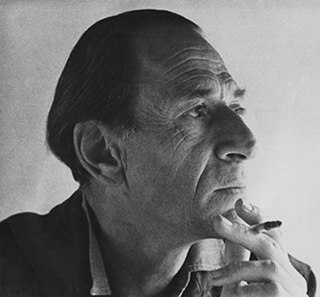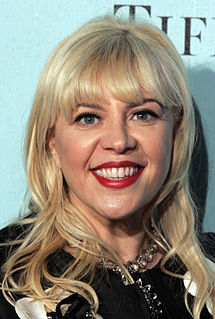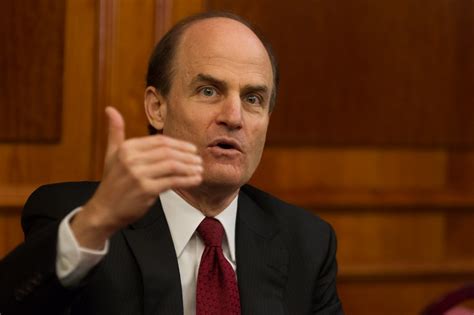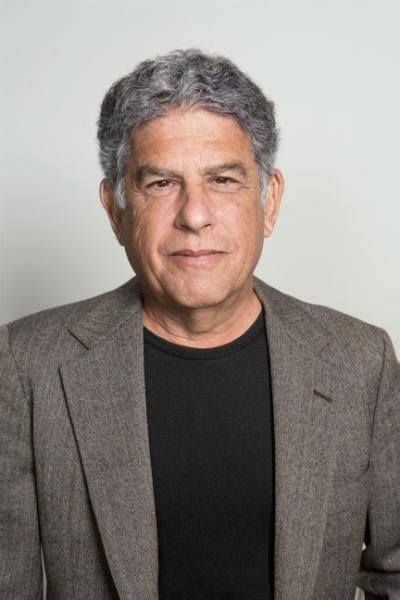A Quote by Nigel Dennis
Most acts of assent require far more courage than most acts of protest, since courage is clearly a readiness to risk self-humiliation.
Related Quotes
Successful or not, acts of physical courage always bring honor. It is the smaller forms of valor - standing up for principle at the risk of social disapproval, economic loss or injury to career - that require the greatest moral will power. Since there is usually little upside to winning and a significant and often lasting downside to losing, moral courage often requires as much character as physical bravery.
So many of the models of courage we've had, ones that are still taught to boys and girls, are about going out to slay the dragon, to kill. It's a courage that's born out of fear, anger, and hate. But there's this other kind of courage. It's the courage to risk your life, not in war, not in battle, not out of fear ... but out of love and a sense of injustice that has to be challenged. It takes far more courage to challenge unjust authority without violence than it takes to kill all the monsters in all the stories told to children about the meaning of bravery.
It requires greater courage to preserve inner freedom, to move on in one's inward journey into new realms, than to stand defiantly for outer freedom. It is often easier to play the martyr, as it is to be rash in battle. Strange as it sounds, steady, patient growth in freedom is probably the most difficult task of all, requiring the greatest courage. Thus if the term "hero" is used in this discussion at all, it must refer not to the special acts of outstanding persons, but to the heroic element potentially in every man.




































